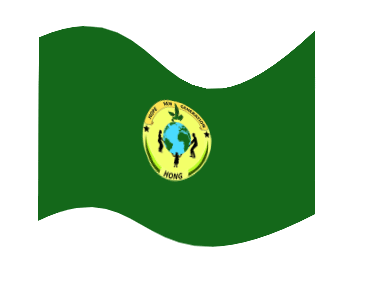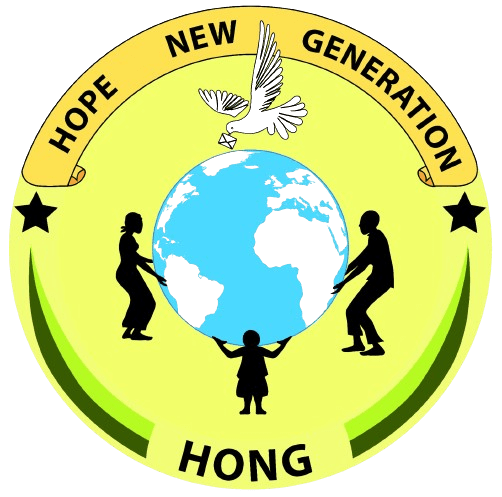FIELD VISIT MISSION REPORT
FUCOS is a non-profit organization created in 2000 and legally registered in 2002. It has the mission to reach out to marginalized communities in Burundi with education, skills building and support. Also, FUCOS works to fight against HIV/AIDS and other STIs, to promote family welfare, and to find innovative solutions to counter gender based violence in youth, all with a specific interest in the underprivileged and marginalized communities of Burundi. It also works on gender equality and women\'s empowerment projects. Currently and since 2014, FUCOS works in partnership with BFI (Burundi Friends International) to build peaceful communities and empower underprivileged rural communities of Batwa in Burundi.\r\nGIKOMA and SAKINYONGA are two of Matana commune’s villages in Bururi province, where more than 2000 Batwa live; all genders together. Towards the end of 2018, FUCOS, under personal support of Dr Hubert NKAMICANIYE a student from Texas, in the USA, conducted a field visit to check with real situation in the two villages following the report by FUCOS antenna in Southern Region on the two Batwa villages namely GIKOMA and SAKINYONGA of Matana commune, Bururi province. FUCOS team, under the lead Leonard NGENDAKUMANA, Legal Representative, accompanied by Dr Hubert NKAMICANIYE, supporter of the field mission, met nearly 800 Batwa in GIKOMA and 1200 Batwa in SAKINYONGA. In terms of report of the field visit, the team has produced a Documentary CD which shows Cleary the real life of Batwa from the two above-mentioned villages (kindly visit this link that dully details the real life of the visited communities). In the two villages that our team got in, there were visibly activities in the two communities especially for women practicing archaic pottery but according to what the community members said, this business is far to be rewarding as of today. Nowadays, Batwa women face two major problems in the pottery business: the lack of own land which implies that they do not have access to where to get clay for pottery. In addition, because bushes are protected by the environment rule to follow climate and environmental conventions, men are no longer allowed to practice hunting; they cannot cultivate without either lands or hoes, they are marginalized by the two other groups of people (Hutu and Tutsi) so they can’t get any job from them. Across the community of more than 2000 persons, the team has been surprised to notice that no toilet could be found. When this question was asked, members of the community answered that all Batwa members in that community use the surrounding bushes thus this being another reason why Hutu and Tutsi disregard and hate Batwa so as they are the cause of environmental pollution. Sometimes, Hutu and Tutsi decide to chase them from the nearby because of their behavior which is very dangerous and in turn can bring different diseases such as diarrheal diseases. The Batwa community doesn’t benefit from certain governmental support to people such as health insurance cards for the indigent. Batwa emphasized ad pledged that the communal authorities do not consider Batwa as the other two categories of Burundian people (Hutu and Tutsi). Succinctly, Batwa are far marginalised and looked at with scorn and contempt.

